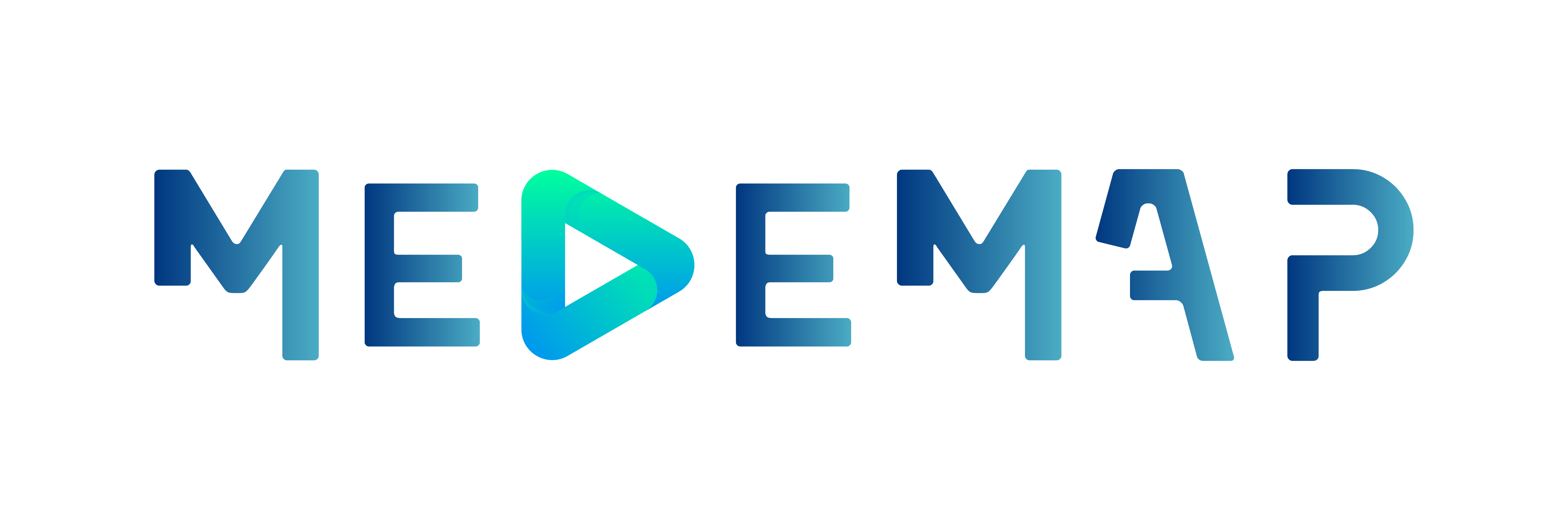Consortium
Discover the partners that are actively contributing to mapping democracies across media systems in Europe.
The Austrian Academy of Sciences
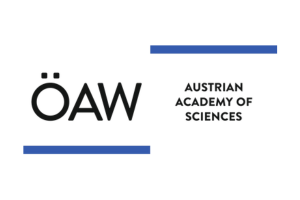
The Austrian Academy of Sciences (OeAW) is Austria’s largest non-university research and science institution. Its statutory mission is to “promote science in every way”. Founded in 1847 as a learned society, today the OeAW has over 760 members and 1,800 employees dedicated to innovative basic research, interdisciplinary exchange of knowledge and the dissemination of new insights with the aim of contributing to progress in science and society as a whole.
RESEARCHERS
Michael Alexander
PROJECT COORDINATOR
PROJECT MANAGER
Charles University
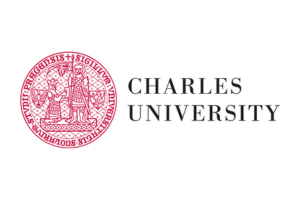
The Institute of Communication Studies and Journalism (ICSJ) is part of the Faculty of Social Sciences of Charles University (Prague, Czech Republic). Established in 1993, ICSJ offers bachelor’s, master’s and doctoral degree programs in marketing communication and PR, media studies and journalism. The MeDeMap research project is managed by the Institute’s Culture and Communication Research Centre (CULCORC), which was established in 2022.
RESEARCHERS
Vaia Doubaki
Kirill Filimonov
Štěpán Šanda
The Free University of Languages and Communication IULM
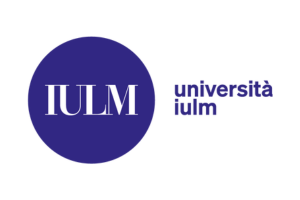
Founded in 1968, IULM University stands at the fore in the sphere of the academic training for the sectors of Communication and Languages, and it constitutes a pole of excellence in the areas of tourism and the enhancement of cultural heritage. The University participates in all relevant European funding programmes and is committed to building a network of exchange agreements and double degrees through active collaborations and partnerships with more than 190 international universities and institutions.
Jagiellonian University
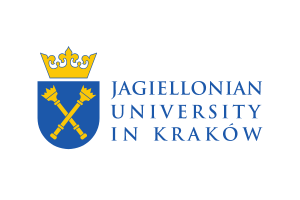
The Jagiellonian University is the oldest higher education institution in Poland and one of the oldest in Europe. It was founded on 12 May 1364 by the Polish king Casimir the Great. The Jagiellonian University comprises 16 Faculties, where nearly 4 thousand academic staff conduct research and provide education to almost 40 thousand students, within the framework of more than 150 different fields of study. Eminent researchers and state-of-the-art infrastructure make the JU one of the leading Polish scientific institutions, collaborating with major academic centres from all over the world.
RESEARCHERS
Beata Klimkiewicz
Monika Szafrańska
Katarzyna Vanevska
COMMIT – Community Medien Institut für Weiterbildung, Forschung und Beratung
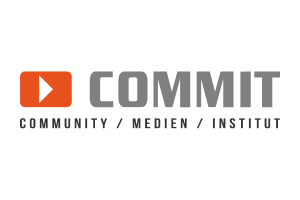
COMMIT, the Community Media Institute for Continuing Education, Research and Consultancy is an institution at the interface between non-commercial broadcasting, adult education and research in Austria. Founded in 2010 as an association, and its activities are non-profit. Its goal is to promote the discussion and further development of non-commercial media at all levels of society. This includes, in particular, the stimulation and design of further education and accompanying research in cooperation with actors of non-commercial media, adult education and science.
Lusófona University
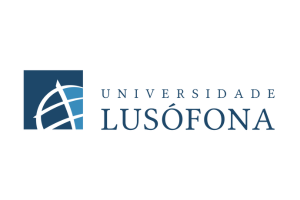
Lusófona University, located in the city centres of Lisbon and Porto, is Portugal’s largest private university. Since 1998, its objectives have been teaching and research in the various fields of science, culture and technology, from an interdisciplinary perspective and especially with a view to the development of Portuguese-speaking countries and people.
The Centre for Research in Applied Communication, Culture, and New Technologies (CICANT) promotes theoretical and applied research at the cross of media, society, literacies, arts, culture and technologies.
PROJECT MANAGER
Tallin University
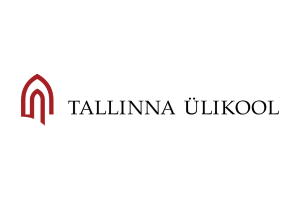
Tallinn University is a modern and dynamic research university in Estonia with a leading role in promoting an intelligent lifestyle through education, research, and a unique collaboration across disciplines. We view an intelligent lifestyle as making research-based decisions in order to improve society in general and the well-being of its citizens.
IMT Atlantique
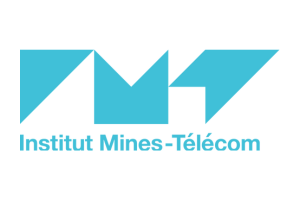
IMT Atlantique is a technological university of the Institut Mines Telecom group. The ambition of IMT Atlantique is to support (environmental, energy, digital, industrial and health) transitions by training responsible students and put scientific and technical excellence to the benefit of education, research and innovation. IMT Atlantique is internationally recognized: among the top 400 universities in the world in the Times Higher Education World University’s 2023 ranking, notably ranked [126-150] for computer science, [151-175] for engineering and technology, [251-300] for the physical sciences. IMT Atlantique welcomes around 2,300 students from engineering to doctorate level.
Mary Immaculate College
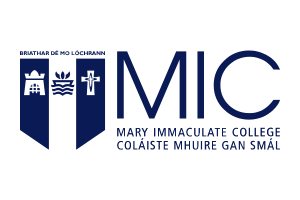
Mary Immaculate College, founded in 1898, is a University-level College of Education and the Liberal Arts, academically linked with the University of Limerick. The College is a multi-campus institution, with a student population of over 5,000 students enrolled in undergraduate programmes in Primary and Post-Primary Education, Psychology, Liberal Arts and Early Childhood Care and Education, as well as a range of postgraduate programmes at Diploma, MA and PhD levels.
Media and Communication Studies offer taught BA and MA programmes and supervise PhDs in a wide variety of areas. Staff are all research and production active and are internationally engaged in academic and industry associations building these communities and promoting young scholars. It is also home to the national centre for audio research: The Audio Research Centre (ARC).
RESEARCHERS
Rosemary Day
MI – Mirovni Institute
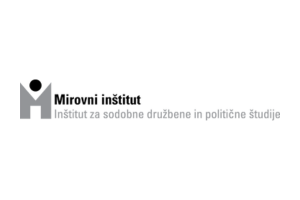
The Peace Institute – Institute for Contemporary Social and Political Studies in Ljubljana, Slovenia, is an independent, non-profit research organisation developing interdisciplinary research in various fields of social sciences, humanities and law. The Institute integrates academic research, educational and advocacy activities aiming at society capable of critical thought and based on the principles of equality, responsibility, solidarity, human rights and the rule of law. The main thematic pillars of the Peace Institute are Politics, Media, Cultural policy, Gender, Human Rights and Minorities.
